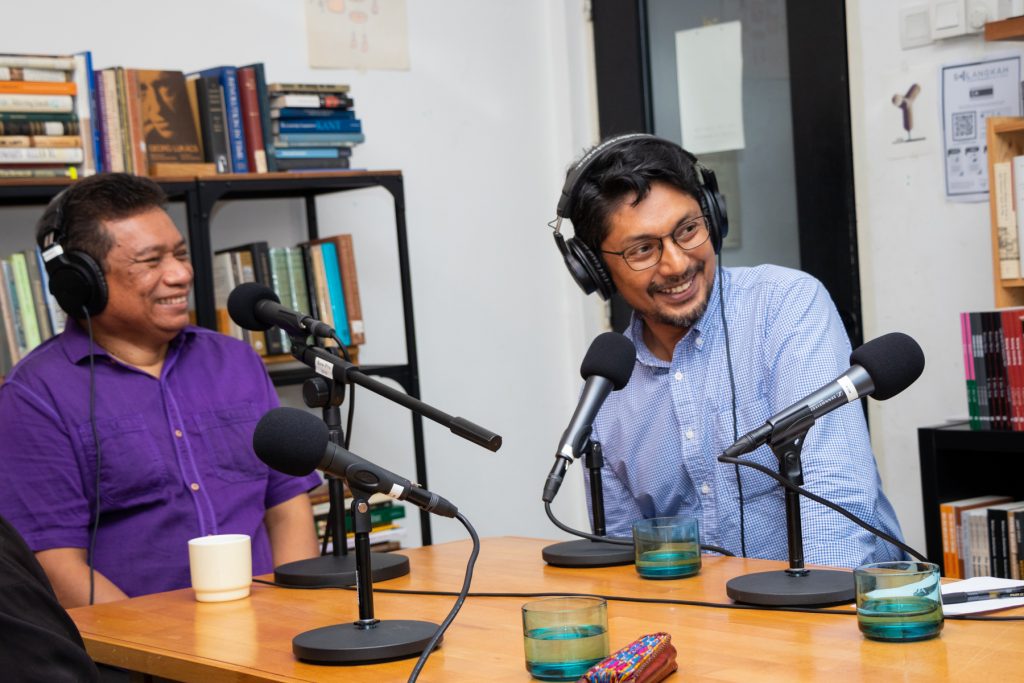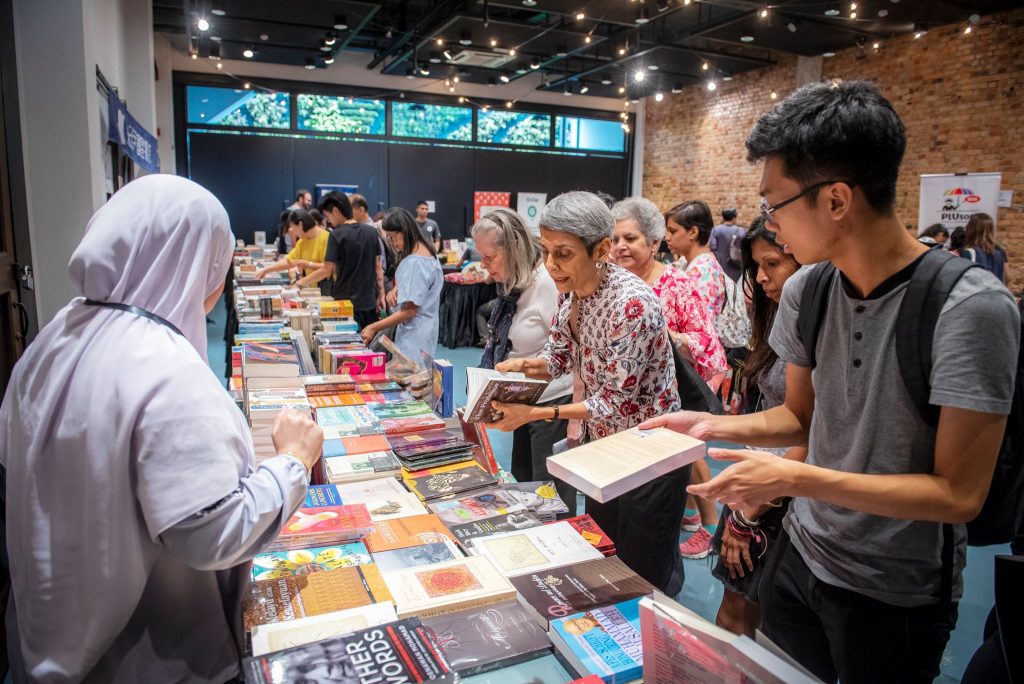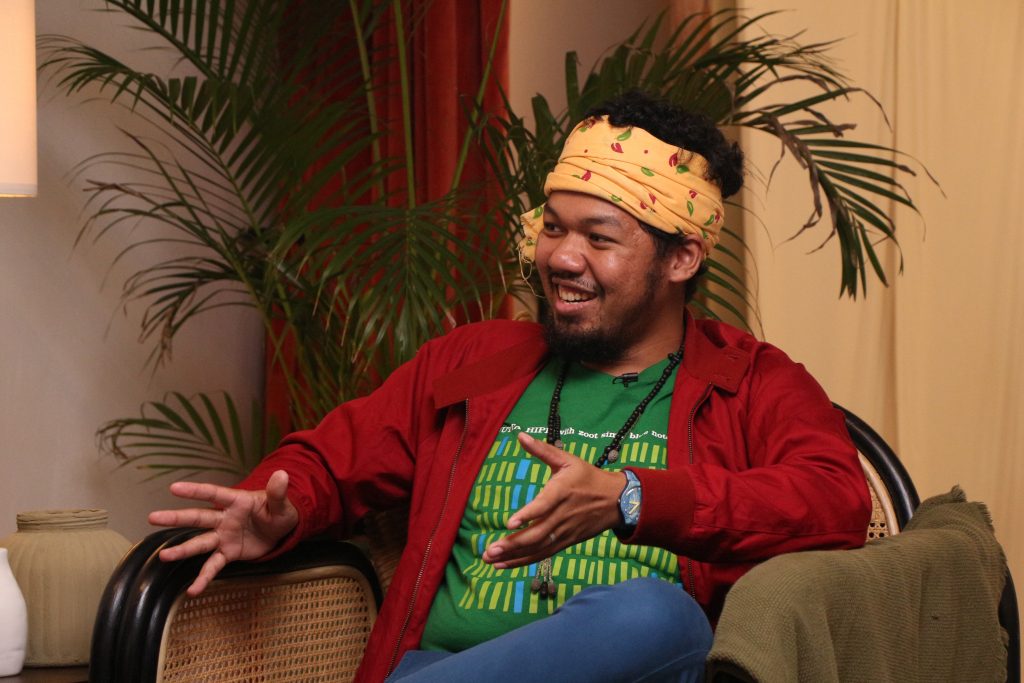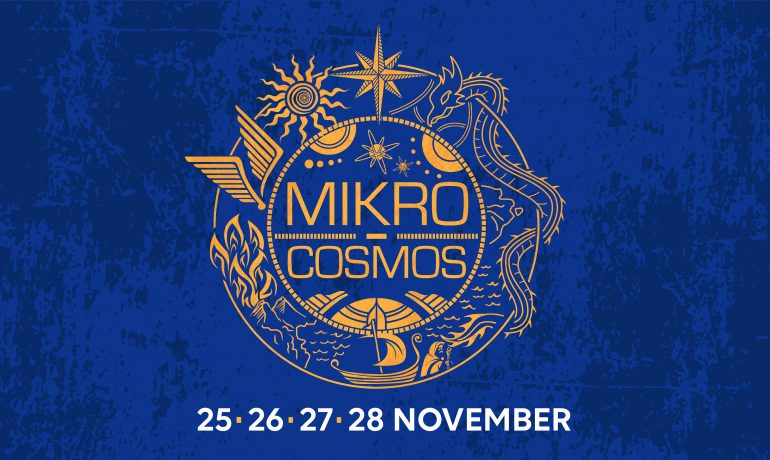The George Town Literary Festival marks its second decade as a literary torchbearer, reversing the atomisation and fragmentation of our times.
By William Tham Wai Liang
With “Mikro-cosmos”, festival director Pauline Fan and curator Izzuddin Ramli set out to explore “the spirit of cosmopolitanism and interconnectedness” inherent in literature. Embarking on its second year in digital form, the festival brings together a local and international set of writers and academics, hailing from Japan, Germany and Kenya, among others. With over 20 events arrayed over four days, there is a lot to look forward to.
Circles of the Afterlife: 700 Years of Dante
What relevance does Dante Alighieri have for us today? His Divine Comedy, with its vivid literary exploration of Heaven, Hell and Purgatory, is what he is best remembered for. As panellist Masturah Alatas comments, Dante’s “very imaginative vision of the afterlife” may very well garner interest from local audiences, given that “the behaviour of Malaysians is often regulated by beliefs in what will happen in the afterlife”. Join her and Prof. Giuliana Nuvoli as they dissect his legacy in the inferno of our troubled times.
The mode of transmission is another key part of his legacy—Dante wrote in the “vulgar” (everyday) Italian language instead of Latin, and since his passing, generations of translators have ensured his continued legacy. But translation is no easy task, requiring a mastery of history, philosophy and religion in this case. “Translating the Divine Comedy into Bahasa presents an enormous challenge,” Masturah continues, “you need to write in spectacular Malay. You need to know the cultural sensitivities of Malaysian society and find incredibly smart, creative ways of circumventing them.” Tim Parks, in conversation with Eddin Khoo will be speaking not just about Dante, but broadly about Italian literature, his own writing and translation work.

S.M Zakir & Al-Mustaqeem M. Radhi during the recording of “Menterjemah Yang Tak Terjemahkan” for GTLF2020.
Muara
Printed text retains its special hold over the imagination, materiality adds weight to what would otherwise be mere information and the age of print-capitalism has had an outsized impact on our world. It is unsurprising, in this context, that special publications and literary festivals go hand-in-hand—the Vancouver Writers’ Festival once commissioned Madeleine Thien to write a one-off chapbook, Hiroshige Takes the SkyTrain. Commemorating the festival is a special publication project, undertaken with Svara. The Kuala Lumpur-based quarterly has gained a reputation for broaching new borders in the vibrant Malay-language intellectual circle. Muara—“estuary”—will be launched at the GTLF, bringing together prose and poetry, translations and lectures, sparking new ideas at “the shifting shoreline of our realities”.

As the official festival bookstore, Kinokuniya carried titles by GTLF2019’s prestigious line-up of authors and speakers.
Laughter at the Edge of the World
In light of rigid borders and the viciousness of the postcolonial world, how can we find alleviation? Souvankham Thamavongsa’s writings have won her the prestigious Giller Prize, and central to her literary work is the shifting nature of identity. Born to Lao refugees in Thailand, she has navigated the labyrinthine nature of borders, regulations and recognition en route to Canadian citizenship. Join her in conversation with BFM’s Sharmilla Ganesan, of BFM’s popular By the Book radio series.
The Page is Not Your Colony
African and Asian voices come together in this discussion of the lingering effects of colonialism. This discussion is timely, given that Abdulrazak Gurnah is the recipient of this year’s Nobel Prize for literature.
This panel aims to decolonise literature, in its written and oral forms, taking the perspectives of pan-African imaginations and those of the Malay World. Links and parallels can be found between these regions, both still grappling with linguistic fragmentation and the politics of language. But decolonisation is never a benign process. As Adriana Nordin Manan comments, it is also a process of “elevating or suppressing languages and questioning cultural erasure”. Such are the concerns in our archipelago and on the other side of the ocean. She is joined by Mukoma Wa Ngugi, Juvita T. Wan and Nazry Bahrawi, and as the latter explains: “I consider this panel as a reanimation of the spirit of the Bandung Conference of 1955.” This was where the roots of the Non-aligned Movement were laid, the hope for a new world burned bright, and perhaps the spirit can be rekindled.

Jack Malik in between takes of ‘Bayangan dan Kebebasan’, one of the programmes on this year’s line-up.
Asam dan Garam: “Merantau” Dalam Sastera Nusantara
The practice of merantau—one which has shaped the cultures, politics and economies of Nusantara for centuries – has no exact translation. It involves a variety of elements, between transient and permanent movements, roving from one place to another or even assimilating into a different group altogether. So many figures whom we may regard as firmly “Malaysian” such as P. Ramlee, Syed Sheikh al-Hadi, and Munshi Abdullah were actually shaped by this practice, straining against the accepted confines of the nation-state and its borders. Join Azhar Ibrahim and Faisal Tehrani as they reflect upon its outsized impact on regional literary dynamics.
This listing is by no means exhaustive—there are many other events on the programme. The GTLF takes place virtually from 25–28 November.
William Tham Wai Ling is an editor-at-large for Wasifiri. His new novel, The Last Days, covers the continuing legacy of the Emergency. His next book is due to be published in 2022.

